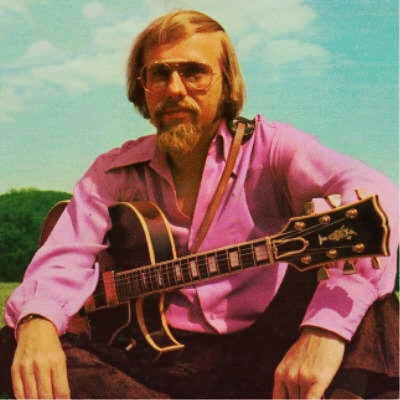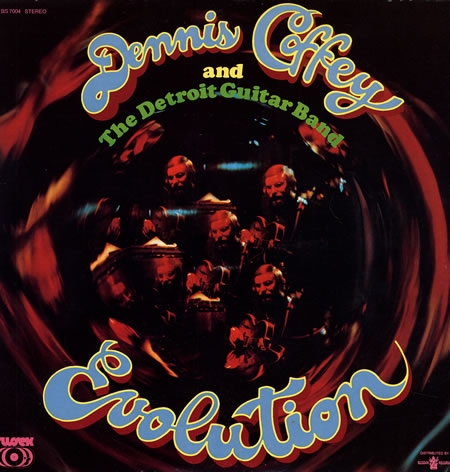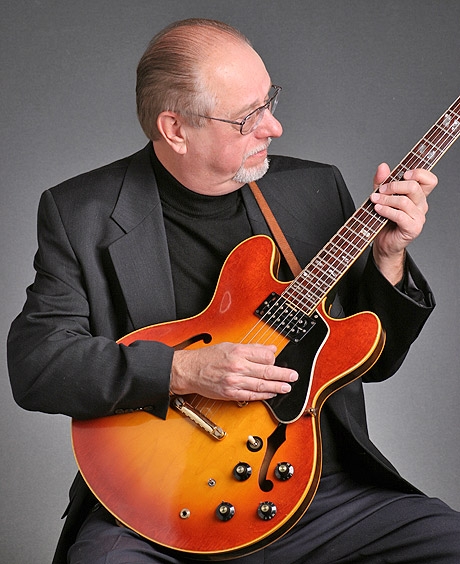
Dennis Coffey is not exactly a household name. Having said that, any guitarist worth their salt knows his name very well. A pioneer of the wah wah, and a studio wizard. A guitarist with one of the most impressive resumes out there. His orchestral approach to the guitar on solo albums like Evolution and Instant Coffey was truly groundbreaking. If Coffey's name isn't familiar, his work most assuredly is. In addition to his million selling solo hit Scorpio, Coffey has played on over 100 gold records including Ball Of Confusion and Cloud Nine by the Temptations, War by Edwin Starr, and Smiling Faces by the Undisputed Truth. 4 decades later, Coffey is still out there - playing the jazz circuit in his beloved Detroit. Progsheet is honored to share a few moments with a true guitar legend - Dennis Coffey...


